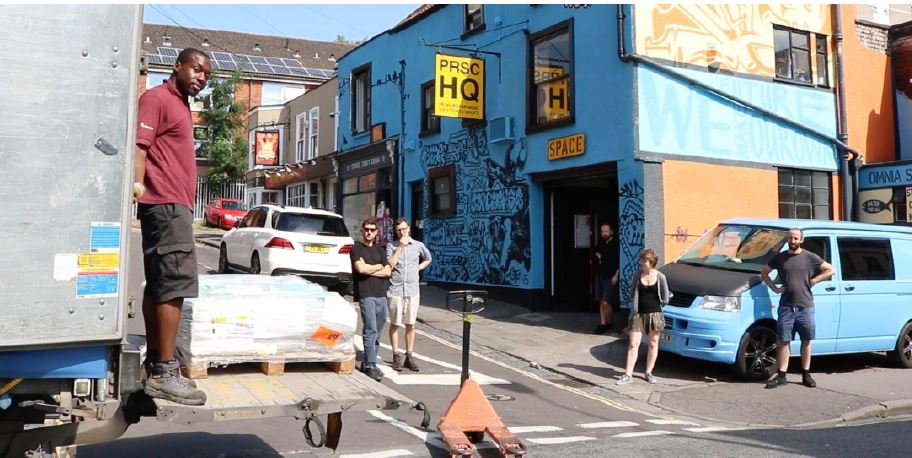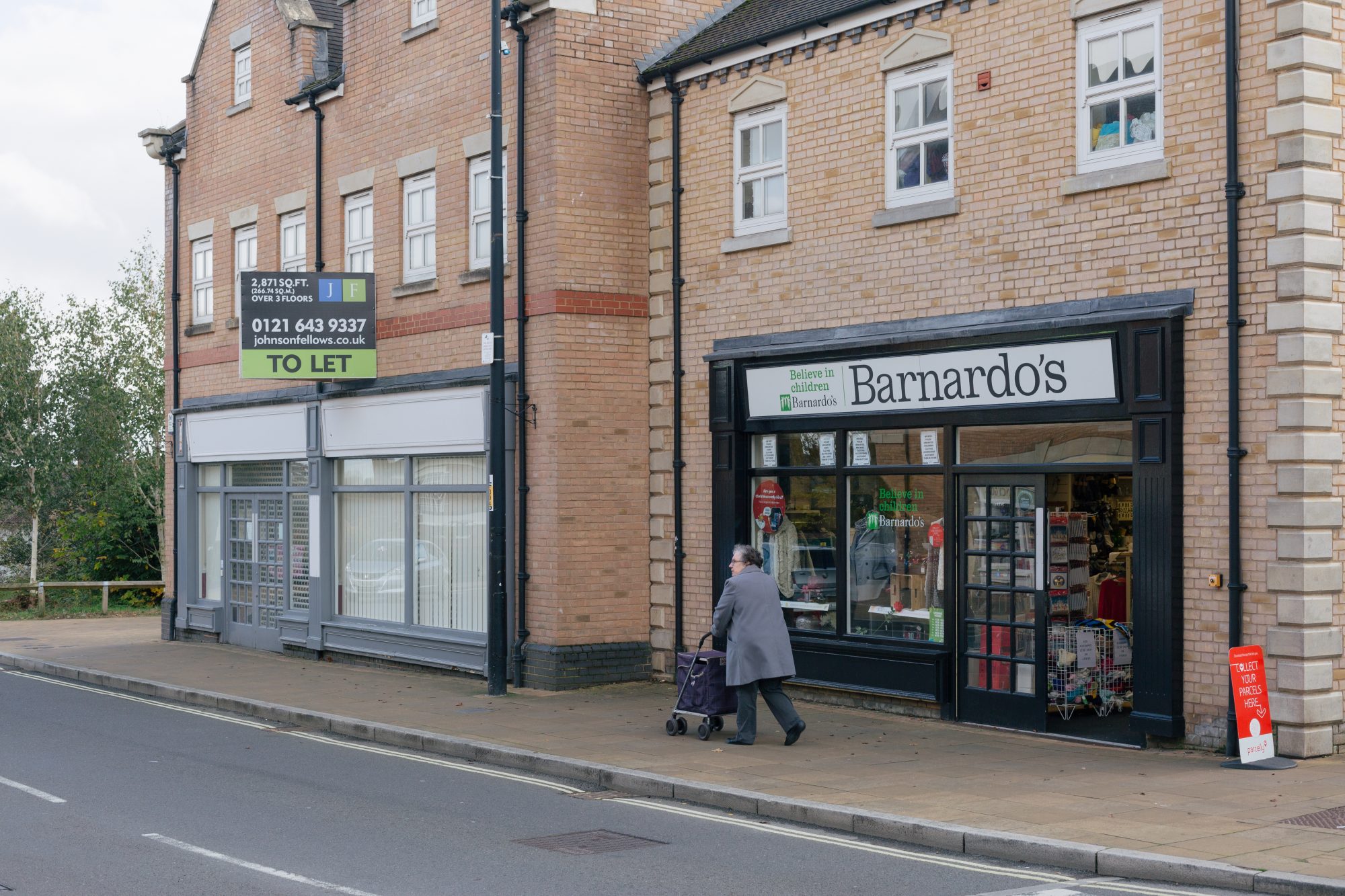Today we launched new research which looks into the tricky concept of accountability and what it looks like in practice for community businesses.
‘Accountability to the community’ is a core characteristic for community business. It’s fundamental as it proves that a business is led by local people, and responsive to their voices. But it seems accountability is not always a clear cut concept for businesses and the term itself doesn’t always resonate with what it looks like in practice.
That’s why we commissioned the Institute for Voluntary Action Research to explore the definition of community accountability and expand understanding of what it looks like in practice for 12 community businesses, so that we as funders are “living the values” and make better decisions as funders.
I’d suggest you get your hands on the summary of the research, but before you do – here’s 12 key questions which will help funders to tease out an organisations embeddedness in its local community, and to help community businesses to self-evaluate and to better articulate how they work
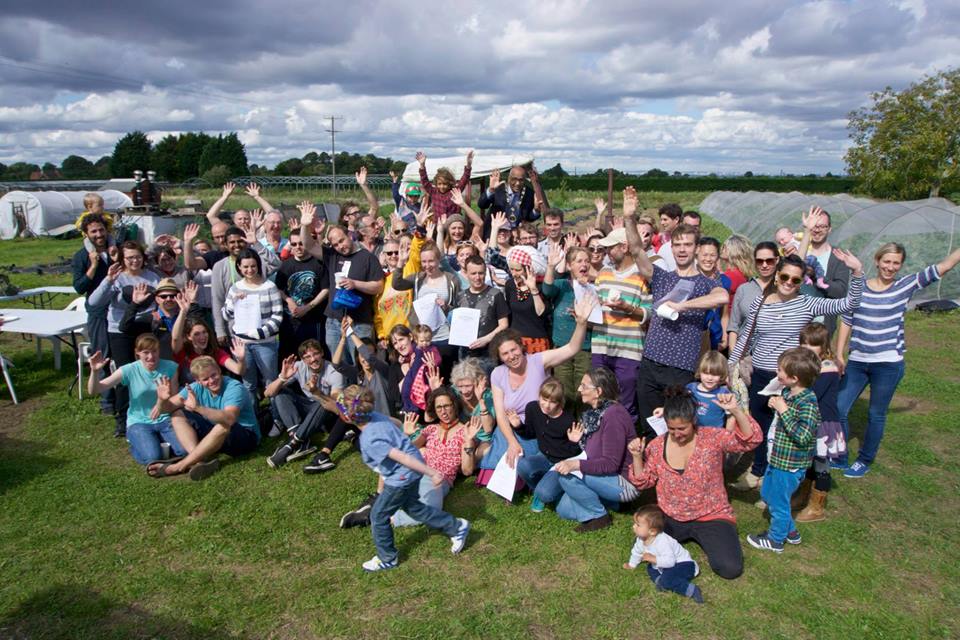
12 accountability questions
Connected to the community
- How and why was the business started?
- What kinds of connections do you have and what do you think you need?
- Who are the communities you serve or whom do you see the business as responsible to?
- How are local people and the communities above involved in the business (organisational structures, relationships, and communications)?
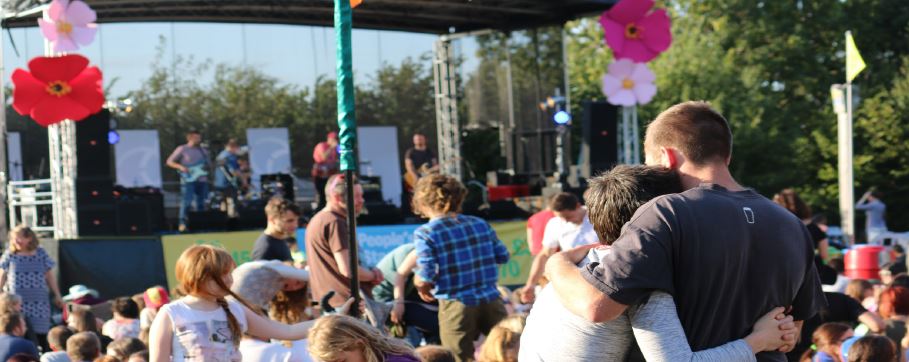
Engaged and knowledgeable leadership and governance
- What governance structure do you have?
- What are the principles underpinning your governance in terms of who is involved/board or management committee composition?

Aligned with local structures and partners
- How does your work fit with other local priorities in the public, business and voluntary sectors?
- How relevant is this to the work you do?
- Who do you work with locally in terms of other organisations and agencies?
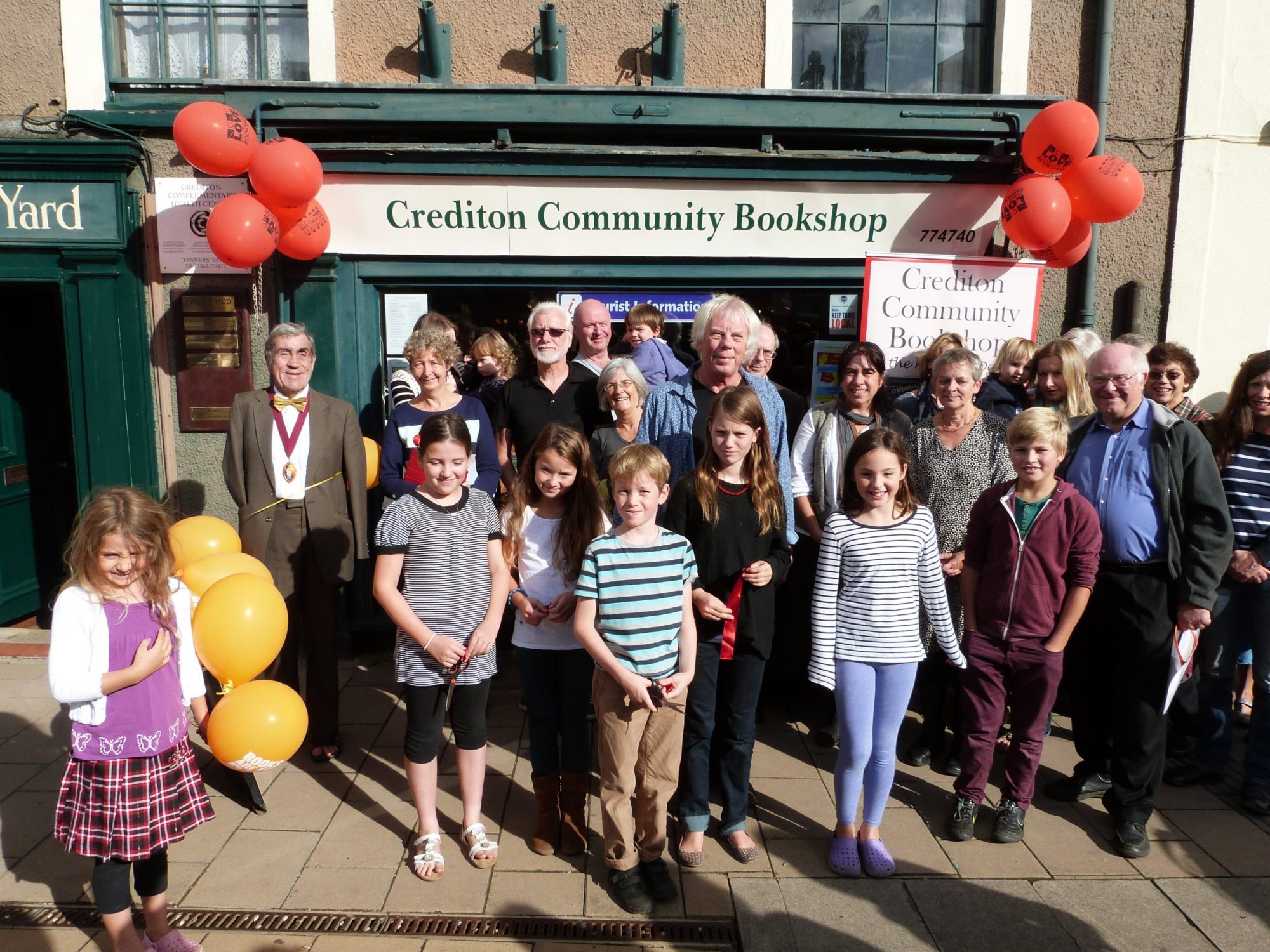
Critical events/difficult times
- Have there been difficult things you’ve been through as a business in terms of working with the community? This might include: differences of opinion between stakeholders; complaints from local residents; negotiations with local authorities (e.g. about lease renewal)
- When the chips were down, who did you turn to, what did you do and what did you see as a successful outcome?
We will be using these questions as we go into 2018, to help us to make better funding and support decisions. And, having reflected on the findings of this research, we want to start a discussion about what good looks like in community accountability. Get in touch if you want to contribute to that debate. We want to work with community businesses to develop a shared sense of what good practice looks like, and understand how we can all stretch ourselves to be truly accountable, responsive, embedded – whatever we choose to call it.
